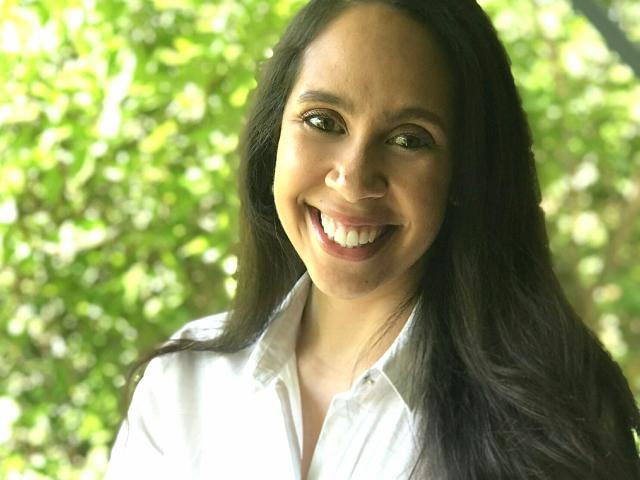The annual National Research Foundation (NRF) Awards recognise and celebrate South African research excellence. The awards presented to researchers are in two categories: Ratings-linked awards and special recognition awards. The special recognition awards, listed here, provide a platform to honour researchers for career achievements and contributions to knowledge creation and dissemination, as well as capacity development and transformation.
Visit the ratings-linked awards.
Jump to the:
- Lifetime Achievement
- Research Excellence Award for Early Career / Emerging Researchers
- Research Excellence Award for Next Generation Researchers
- Public Engagement in Research Award
- Champion of Research Capacity Development and Transformation at South African Higher Education Institutions
- Hamilton Naki Award
- Science Team
Lifetime Achievement
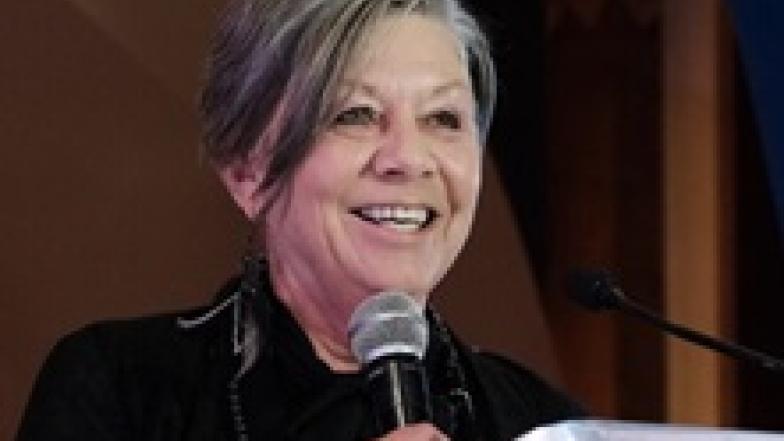
Professor Jill Farrant (2025)
Department of Molecular and Cell Biology
Jill Farrant holds the SARChI Chair in Plant Desiccation Tolerance and is an internationally acclaimed plant molecular physiologist. As the world’s leading expert on resurrection plants, her work has positioned South Africa at the forefront of climate-adaptive agricultural science. Her transformative contribution to the field has far-reaching implications for global food security and climate resilience.

Emeritus Professor Michael Feast (2015)
Department of Astronomy, Faculty of Science
Michael Feast (1926-2019) was listed in the international Who's Who, had a minor planet named after him (Asteroid no. 10985 Feast, discovered from Mt Palomar in 1977), and represented South African astronomy at the highest international level. As director of the South African Astronomical Observatory (SAAO) from 1976 to 1992 he was responsible for the development of SAAO as a major international and national facility.

Emeritus Professor Lionel Opie (2014)
Department of Medicine, Faculty of Health Sciences
Lionel Opie (1933-2020) of the Hatter Institute of Cardiology Research was described as "Africa's best known heart doctor" in the citation for the Order of Mapungubwe (Silver) in 2006 for his "excellent contribution to the knowledge of and achievement in the field of cardiology". He received many awards that recognise his lifelong commitment to the lives of South Africans who suffer from heart disease.

Emeritus Professor Timothy Noakes (2012)
Department of Human Biology, Faculty of Health Sciences
Timothy Noakes co-founded the Sports Science Institute of South Africa (SSISA) and produced more than 500 scientific publications, was cited more than 15 000 times in scientific literature, had an H-index of 66 and for the final 15 years of his academic career was rated an A1 scientist – the highest possible rating indicating a world-leading scientist – by the National Research Foundation of South Africa.

Emeritus Professor Njabulo Ndebele (2009)
Njabulo Ndebele, author, scholar and former vice-chancellor of UCT, is one of South Africa's literary icons. He received worldwide acclaim for his work, which includes The Cry of Winnie Mandela, the children's book Bonolo & and the Peach Tree, Rediscovery of the Ordinary, and Fools & Other Stories. Ndebele has been active in international and African academic organisations, serving as president of the Association of African Universities and on the Association of Commonwealth Universities.
Research Excellence Award for Early Career / Emerging Researchers
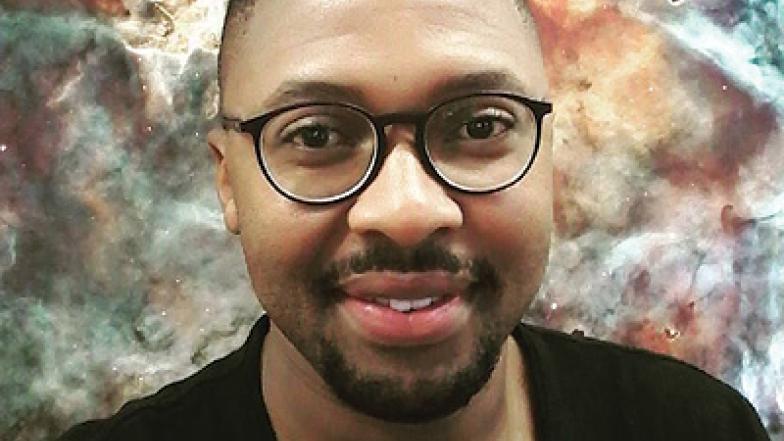
Dr Itumeleng Monageng (2025)
Department of Astronomy
Dr Itumeleng Monageng an astrophysicist currently holding a joint position as a Senior Lecturer in the Department of Astronomy at UCT and the South African Astronomical Observatory (NRF-SAAO). Dr Monageng conducts research on interacting binary stars, where he uses data from telescopes to understand the physical processes taking place in these systems. he has played a vital role in designing and coordinating observational campaigns using multiwavelength facilities such as SALT and MeerKAT.
Associate Professor Nastassja Koen (2023)
Department of Psychiatry and Mental Health, Neuroscience Institute
Associate Prof Nastassja Koen’s research interests include the genomic, epigenomic and transcriptomic neurobiology, and transgenerational effects of trauma-related disorders, particularly in South Africa and Africa.

Professor Amir Patel (2022)
Department of Electrical Engineering, Faculty of Engineering & Built Environment
Amir Patel’s research uses robotics to understand the locomotion of animals, as well as techniques such as sensor fusion, optimal control and physical experiments to understand the neuromechanics of manoeuvrability.

Dr Wade Petersen (2022)
Department of Chemistry, Faculty of Science
Dr Wade Petersen’s work focuses on the use of small organic molecules (organocatalysis) and light energy (photocatalysis) as key technologies for chemical synthesis.

Associate Professor Christopher Ouma (2020)
Department of English Language and Literature
Christopher Ouma’s career path, so far, has been framed by two research projects. The first draws connections between childhood studies and African diasporic studies, gender studies, and memory studies in the context of contemporary African identity formation. The other lies at the intersection of literary history and cultural studies by examining small (literary) magazines in mid-century Africa (1955–1975) and the ways they created conditions for Pan-African imagination.

Dr Mohlopheni Marakalala (2018)
Department of Pathology, Faculty of Health Sciences
Mohlopheni Marakalala’s research focuses on understanding immune factors associated with the pathological progression of tuberculosis (TB) with a view to developing new therapies to augment current treatment protocols. He is currently an associate member of the Institute of Infectious Disease and Molecular Medicine at UCT and a visiting scientist at the Harvard TH Chan School of Public Health.

Associate Professor Mark Engel (2016)
Department of Medicine, Faculty of Health Sciences
The expertise of Mark Engel lies in epidemiology and evidence-based medicine research methods. His research includes all aspects of rheumatic heart disease, with particular interest in Group A Streptococcus (GAS), the organism involved in disease development. Engel shares this award with Professor Nosipho Moloto of the University of the Witwatersrand.

Professor Ntobeko Ntusi (2015)
Department of Medicine, Faculty of Health Sciences
Ntobeko Ntusi, of the Division of Cardiology within the Department of Medicine, received this award for his work in better understanding cardiovascular disease, particularly in an African setting. On receiving this award, Ntusi was in the process of completing his clinical training in cardiology and working to establish an independent research programme on the study of cardiomyopathies and myocarditis.
Research Excellence Award for Next Generation Researchers
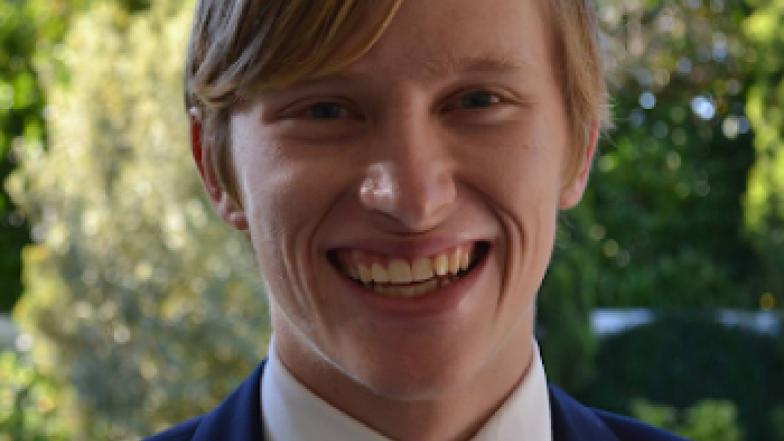
Jonathan Oehley (2025)
Department of Human Biology
Mr Jonathan Oehley, a PhD Candidate at UCT MedTech in the Department of Human Biology, is an emerging thought leader in the biomedical engineering field focused on addressing significant gaps in the scientific and experimental data regarding the safety and efficacy of in-human ultraviolet blood irradiation. His most prominent achievement—an original, patent-worthy device for fighting multidrug-resistant sepsis—demonstrates his aptitude for conceiving viable technological innovations.
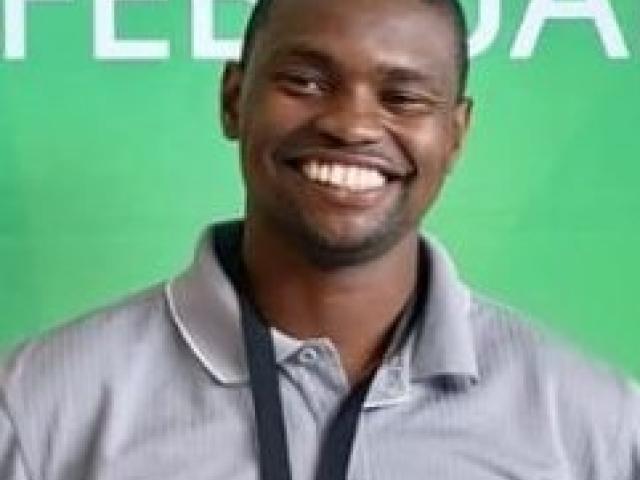
Sancho Nyoni (2024)
Centre for Minerals Research
Sancho Nyoni’s research in mineral processing focuses on water chemistry as it pertains to recycling and closed water circuits in mineral processing plants. This research is considered critical to the regional mining industry as it adapts to operating within a water-scarce environment.
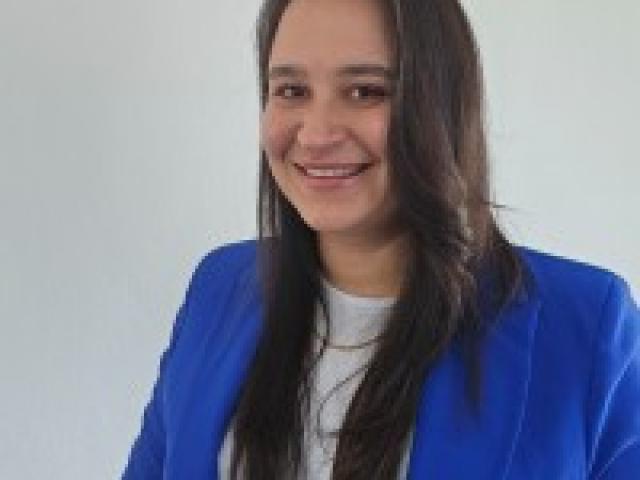
Taryn Golding (2023)
Department of Chemistry, Faculty of Science
Taryn Golding’s research focus is on novel hybrid quinolinebenzimidazole metallodrugs as antimalarial chemotherapeutics. Her work aims to yield novel metallodrugs with enhanced activity in antimalarial chemotherapy and potentially provide insight into new modes of action to target this disease, endemic to sub Saharan Africa.

Jessica Fell (2022)
Department of Civil Engineering, Faculty of Engineering & Built Environment
Jessica Fell is using a novel planning and decision-support tool to strategically identify opportunities to repurpose stormwater ponds into multi-functional blue-green Infrastructure. Her research is interdisciplinary and aids in planning for equitable water-sensitive cities in South Africa.

Nkosiyomzi Haile Matutu (2022)
Department of Psychology, Faculty of Humanities
Nkosiyomzi Haile Matutu’s research explores the topic of intimate partner violence in men’s same-sex relationships. His work asks important questions about ethics, politics, epistemology and theory and what this means for the purpose of research and for those he works with.

Athi Welsh (2022)
Department of Chemistry, Faculty of Science
Athi Welsh’s research is grounded in solving problems important to the pharmaceutical industry and improving the health and well-being of all. His approach offers a lesser-explored route to eradicating cancer and potentially new modes of action for targeting diseases in sub-Saharan Africa and globally.

Dr Neelakshi Mungra (2021)
Department of Integrative Biomedical Sciences
Neelakshi Mungra’s research looks at engineering affordable cutting-edge antibody technologies that can be used to leverage the development of diagnostic and therapeutic tools for cancer and infectious diseases, especially in developing countries like South Africa.
Public Engagement in Research Award

Professor Rachel Wynberg (2021)
Department of Environmental and Geographical Science
Rachel Wynberg’s work aims to address the knowledge gaps that exist around the environmental, political and social dynamics of the bio-economy. Through her research and public engagements, Wynberg seeks to deepen critical thinking about these questions and to inspire scholarship that explores possibilities for socially just and environmentally sustainable approaches – with a particular focus on the Global South.
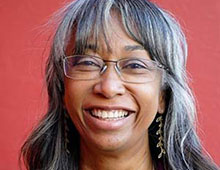
Professor Liesl Zühlke (2020)
Department of Paediatrics and Child Health
Liesl Zühlke has prioritised raising awareness about neglected cardiovascular diseases of childhood, and disseminating her team’s research findings to the affected public. She has made extra efforts to engage with audiences outside of her research domain through multiple mediums. In addition, Zühlke has extensive experience engaging with policymakers, as well as convening and attending high-level meetings.
Champion of Research Capacity Development and Transformation at South African Higher Education Institutions
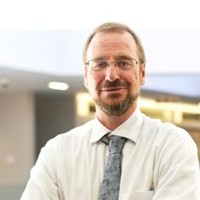
Professor Eric van Steen (2024)
Department of Chemical Engineering
Professor Eric van Steen holds the DSI-NRF South African Research Chair in Reaction Engineering at UCT and was a researcher in the now expired DSI-NRF Centre of Excellence in Catalysis (c*change). Over his 30-year career, Prof van Steen has supervised more than 200 students: 26 PhDs, 47 MScs and more than 135 BSc - and with impressive efforts to reflect the demographics of the university’s undergraduate cohort – 68% Black and with 33% women.
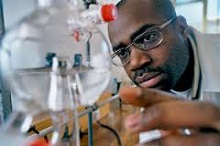
Professor Kelly Chibale (2012)
Department of Chemistry, Faculty of Science
Under the leadership of Kelly Chibale, the Drug Discovery and Development Centre (H3D) strives to train a new generation of African scientists with the skills required to combat Africa's high burden of disease. The goal is to bridge the gap between basic research and clinical studies and ensure the pipeline of drug discovery and development remains on the continent.

Professor Alison Lewis (2010)
Dean of Faculty of Engineering & Built Environment
Alison Emslie Lewis was honoured for her outstanding work in actively training, fostering and mentoring a number of black and female students in industrial crystallisation research.
Hamilton Naki Award
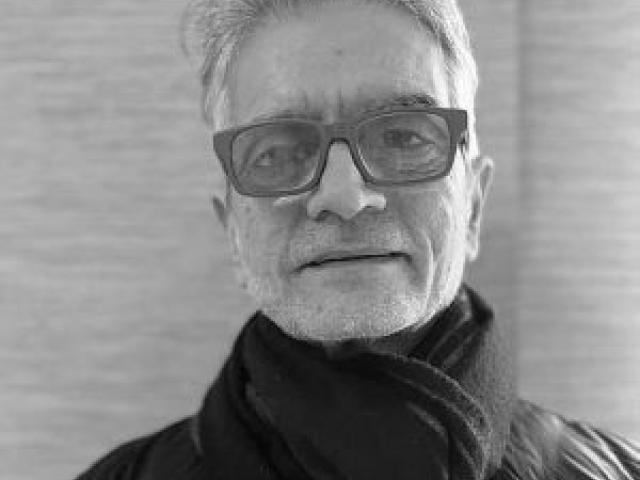
Professor Abdul Tayob (2023)
Department for the Study of Religions, Faculty of Humanities
Professor Abdul Tayob has published on Islam in South Africa, modern Islamic Thought and Islam and the History of Religions. His research has focused on Religious Studies and Islamic intellectual history, and on religion and ethics in religious traditions.

Professor Rajend Mesthrie (2022)
Department of African Studies & Linguistics, Faculty of Humanities
Rajend Mesthrie’s research emphasises the significance of sociolinguistics in understanding heritage, culture and social change in a multilingual society, one in which migration is an important – if not a defining – feature. In 2008, he was appointed the joint Department of Science and Innovation and National Research Foundation South African Research Chair in migration, language and social change.

Professor Sharon Prince (2020/21)
Department of Human Biology
Sharon Prince leads a large research group that studies novel therapeutic interventions and drug targets for the treatment of cancer. She has supervised 78 students from honours to postdoctoral level, most of whom were from marginalised groups. Since 2001, she has published more than 72 articles in peer-reviewed publications, including PLoS Genetics and Nature Communications. Her other fellowship awards include the Oppenheimer Memorial Trust and the Harry Crossley Senior Clinical fellowships.

Professor Edmund February (2018)
Department of Biological Sciences, Faculty of Science
Edmund February has played a pivotal role in directing the funding of ecological research and in the development of nature reserves. He has supervised and graduated 16 MSc and four PhD students and has garnered numerous awards and fellowships.

Professor Lungisile Ntsebeza (2017)
Centre for African Studies
Lungisile Ntsebeza’s research focuses on three themes: democratisation in the countryside; land and equity; and social movements in the land sector. In 2008, he was appointed the DST-NRF Research Chair in Land Reform and Democracy in South Africa: State and Civil Society Dynamics, building its Centre for African Studies into a major international focal point for research on Africa.

Professor Maano Ramutsindela (2013)
Department of Environmental and Geographical Science, Faculty of Science
Maano Ramutsindela was recognised for his work of attracting more black scientists to academia and helping them become leaders in their respective fields.

Professor Anusuya Chinsamy-Turan (2012)
Department of Biological Sciences, Faculty of Science
Head of the Department of Biological Science and author of Famous Dinosaurs of Africa, Anusuya Chinsamy-Turan was awarded the Transformation of the Science Cohort Award for her work in palaeobiology.
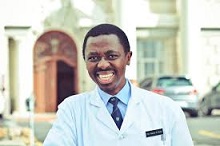
Professor Bongani Mayosi (2011)
Dean of Faculty of Health Sciences
Bongani Mayosi (1967-2018) won the award for his contribution to science, engineering, technology and innovation (SETI) through management and related activities. His work focused on building, managing and leading capacity development in research in the context of the Groote Schuur Hospital.
Science Team
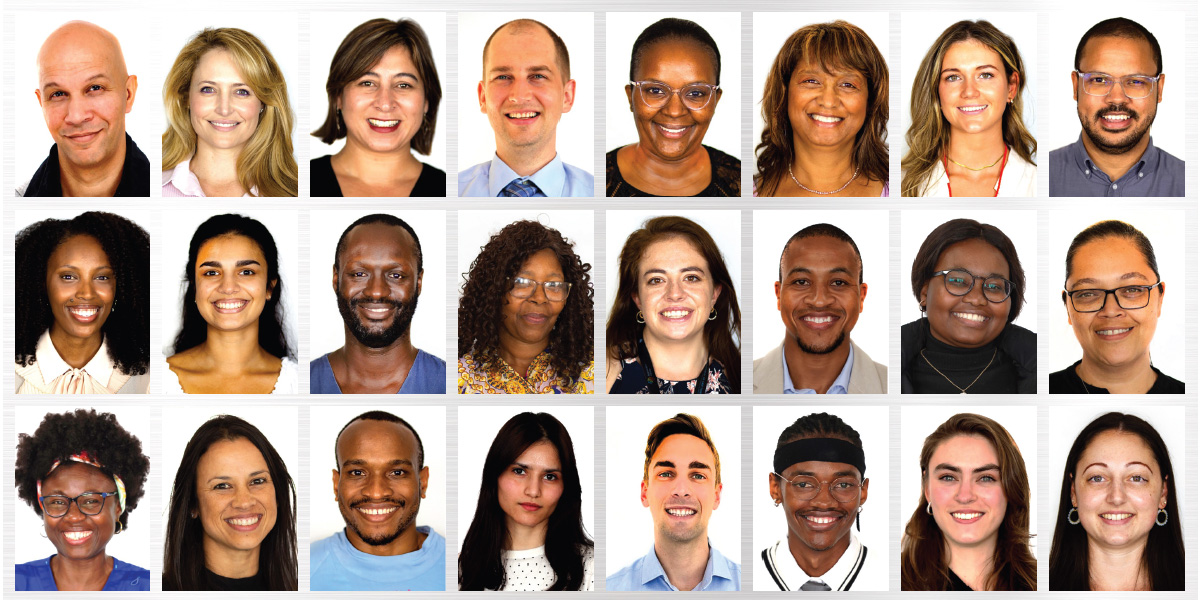
African Brain Child Team (2024)
The Neuroscience Institute
The African Brain Child (ABC) group combines neuroscience research and clinical interventions to address the high burden of conditions that cause acute brain injury in children.The ABC Team was developed from its origins in a neurosurgery program by Prof Anthony Figaji, who is also the NRF SARChI Chair of Clinical Neurosciences. They work to address the research gap in brain conditions that are often sorely neglected in science and healthcare policies. Their overall aim is to use a science-led approach to make a meaningful difference in the lives of children. The team consists of Prof Anthony Figaji (Director), A/Professor Ursula Rohlwink, A/Professor Nico Enslin, Dr Nqobile Thango, Dr Jill Combrinck, Ms Lisa Rae Ungerer, Ms Devin van de Laar, Dr Yigael Powrie, Ms Kelly Kordom, Sr Rachel Dielle, Sr Khanyisa Ginxana, Sr Nombuso Opendun, and many postgraduate students.

Cardiovascular Genetics Laboratory (2017)
Groote Schuur Hospital
Ground-breaking scientific discoveries are rarely made by a single individual. Instead, it is often the efforts of a team working collaboratively. This was certainly the case for Professor Bongani Mayosi, Dean of the Faculty of Health Sciences, and his team when they discovered the gene responsible for Arrhythmogenic Right Ventricle Cardiomyopathy which can cause sudden death in people younger than 35, particularly during athletic activity. The discovery came after 20 years of research and collaboration between scientists in South Africa, led by Prof Mayosi and including cardiologists Prof Ntobeko Ntusi and Dr Ashley Chin, and a team from Italy’s Auxologico Institute in Milan, led by Prof Peter Schwartz and Dr Lia Crotti.
